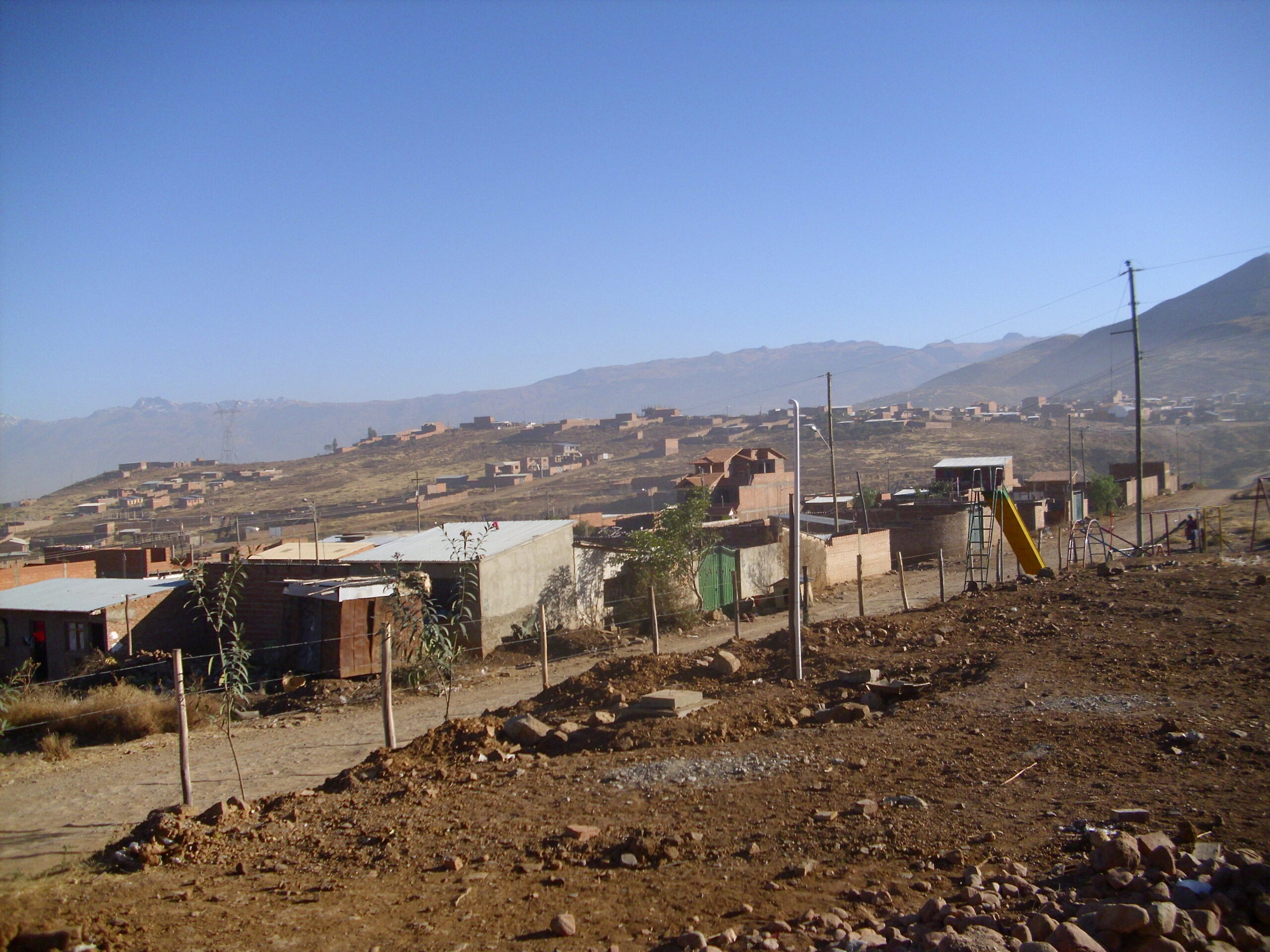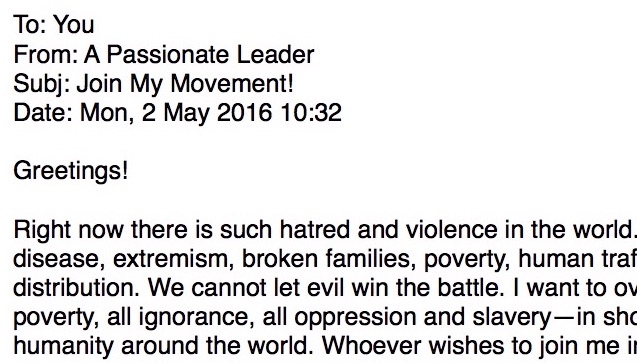One of the most beautiful aspects of the Ash Wednesday liturgy to me is the human interaction that occurs when one person reaches out and marks another’s forehead with a cross of ashes. The gentle touch of another’s thumb on my forehead has a strange effect on me that makes me feel both calm and vulnerable. That gesture reminds me that I am an embodied being, a human who needs contact with others. It is an experience of community through the sense of touch.
Ash Wednesday reminds us, “You are dust and to dust you shall return.” These words, spoken by God after Adam and Eve’s first sin in Genesis 3, remind us of our own mortality and sinfulness, and our need for conversion. Yet our vulnerable mortality is not something to flee from and despise, but something to embrace. Paradoxically, by becoming more authentically human, we will discover what it means to be divine.
 The image of dust will always remind me of the Bolivian Andes, where I spent a couple of summers some years ago. In the dry Southern Hemisphere winter, the dust of the mountains swirled around the little garden of the house where I lived, settling on every floor, tabletop, and surface outside the house and within. Amid that ubiquitous grittiness I witnessed so many manifestations of human vulnerabilities, both of others and my own. Most of my neighbors in Bolivia didn’t have the same resources that we enjoy in my context in the U.S. to shield ourselves from cold and heat, hunger and thirst, or illness and danger. But in their common need, neighbors collaborated naturally, lending a table for our altar at Mass or exchanging labor to help each other build houses. When funding from the government was delayed, women worked for weeks without pay to provide hot meals to the schoolchildren. Despite its poverty, the barrio came to life through the sacrifices and generosity of its residents.
The image of dust will always remind me of the Bolivian Andes, where I spent a couple of summers some years ago. In the dry Southern Hemisphere winter, the dust of the mountains swirled around the little garden of the house where I lived, settling on every floor, tabletop, and surface outside the house and within. Amid that ubiquitous grittiness I witnessed so many manifestations of human vulnerabilities, both of others and my own. Most of my neighbors in Bolivia didn’t have the same resources that we enjoy in my context in the U.S. to shield ourselves from cold and heat, hunger and thirst, or illness and danger. But in their common need, neighbors collaborated naturally, lending a table for our altar at Mass or exchanging labor to help each other build houses. When funding from the government was delayed, women worked for weeks without pay to provide hot meals to the schoolchildren. Despite its poverty, the barrio came to life through the sacrifices and generosity of its residents.
As we begin the Lenten season, we face the challenge of accepting the cross alongside Jesus in order to rejoice in his resurrection. We remember that there is no resurrection without the cross, just as there is no love without sacrifice. My neighbors in Bolivia were acutely aware of their human vulnerability and interdependence, and their love flourished in response to this. The challenge for many of us in the U.S. is to remove ourselves from our insular comforts and reconcile with the vulnerability that we’ve worked so hard to shut out. Dorothy Day, who lived in exemplary solidarity with the poor and homeless, knew the abundant grace of embracing discomforts to be united with Christ through the people of God: “Let us love to live with the poor, because they are specially loved by Christ… When we suffer from dirt, lack of privacy, heat and cold, coarse food, let us rejoice.” When we humbly recall our human weakness on Ash Wednesday, let us not despair but rejoice—for in the openness of vulnerability, God’s love will enter.








